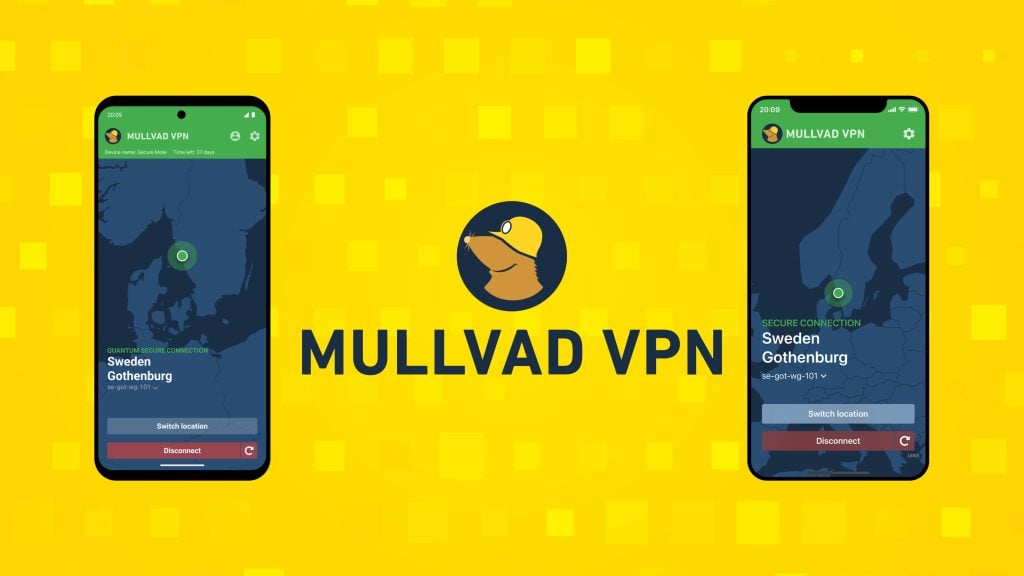The Minneapolis City Council pushed to hire six “social media influencers” from minority communities to help fight online “misinformation” surrounding the trial of Derek Chauvin.
The trial of Chauvin, the police officer accused of killing George Floyd, starts Monday with jury selection. The Minneapolis City officials were worried that online misinformation might spread.
So, the city council came up with a plan; find a few influential members of society from minority communities with a “large social media presence” and use them to spread “city generated and approved” messages on their social media accounts.
These influencers would be paid $2,000 each. Therefore, people perceived the whole plan as the city trying to spread propaganda.
According to Karten North, a digital and social media expert at University of Southern California, the idea was good but the execution was terrible.
“I agree with the premise, their idea is absolutely correct because false information spreads very quickly, especially in the digital world, and inflammatory information spreads even faster than the sedate boring truth,” North said. “But Minneapolis did it in a way that makes it look like propaganda.”
“It was never about disseminating any propaganda,” said Andrea Jenkins, a council member from the ward where Floyd died. “It is a reality that social media is a dominant part of our society, so it’s not really clear to me why the city shouldn’t be communicating in this manner.” But he did acknowledge the use of the term “social media influencers” was “a poor choice of words.”
North insisted that paying the influencers was a terrible idea. These are not professional social media influencers, like Logan Paul, who make a living through social media. These are key members of society who should have what she called the “the 3 R’s: reach, resonance, relevance.”
She alleged that the plan would have worked, people from different backgrounds with no access to traditional news sources would have gotten “credible” information. “But when you pay somebody to do it, you automatically raise suspicion about the viability and authenticity of the information,” North added.
Click here to display content from YouTube.
Learn more in YouTube’s privacy policy.











